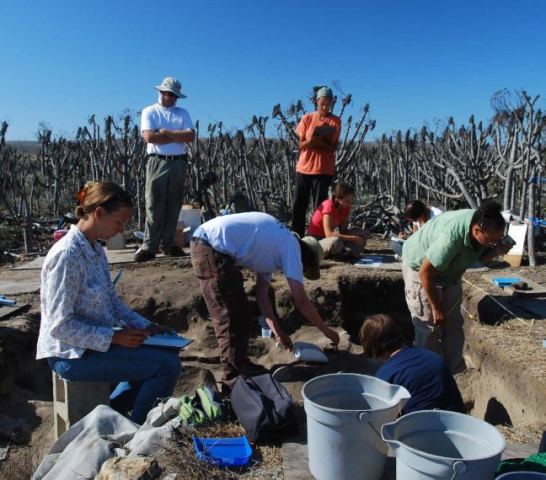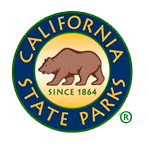Archaeology
Strategies for Protecting Archaeological Sites on Private Lands
 The National Trust for Historic Preservation, The Archaeological Conservancy, the Society for American Archaeology, the Society for Historical Archaeology, the National Conference of State Historic Preservation Officers, and two National Park Service Cultural Resource offices (Heritage Preservation Services and the Archeology Program) have collaborated to develop a website to address questions on how to protect archaeological sites on private lands.
The National Trust for Historic Preservation, The Archaeological Conservancy, the Society for American Archaeology, the Society for Historical Archaeology, the National Conference of State Historic Preservation Officers, and two National Park Service Cultural Resource offices (Heritage Preservation Services and the Archeology Program) have collaborated to develop a website to address questions on how to protect archaeological sites on private lands.
Strategies for Protecting Archeological Sites on Private Lands is a popular guide to the wide variety of tools available for protecting archeological sites on private lands. The site contains information on strategies currently being used throughout the U.S., case studies, keys to success, contact information, and links to other sources of useful information. Key strategies include -- Land Ownership, Financial Options,
Development Regulation, Laws Specific to Archeology, Voluntary Strategies, and Site Management.
Warning:
Archaeological and Traditional Cultural Property (TCP) locations are generally considered confidential and public access to such information is restricted by laws including
- Section 304 of the National Historic Preservation Act;
- Section 9(a) of the Archaeological Resources Protection Act;
- Executive Order 13007;
- Section 6254.10 of the California State Government Code.
SCA Professional Qualification Standards for Archaeologists
Currently, California state law does not identify any qualifications to practice archaeology in the state. In an effort to address this gap, in March 2013, the Society for California Archaeology (SCA) adopted a set of professional qualifications for the postion of Principal Investigator for archaeological projects. The purpose of these Professional Qualifications is to improve the quality and public benefit of archaeology by setting forth the education and experience required for individuals to practice professional archaeology as a Prinicpal Investigator in California. The SCA is a non-profit organization dedicated to the research, understanding, interpretation, and conservation of the heritage of California.
The following link to the standards is provided for advisory and informational purposes only:
Society for California Archaeology Professional Qualifications for Principal Investigator
Publications and Guidance
Archaeological Resource Management Reports (ARMR)
Guidelines for Archaeological Research Design
